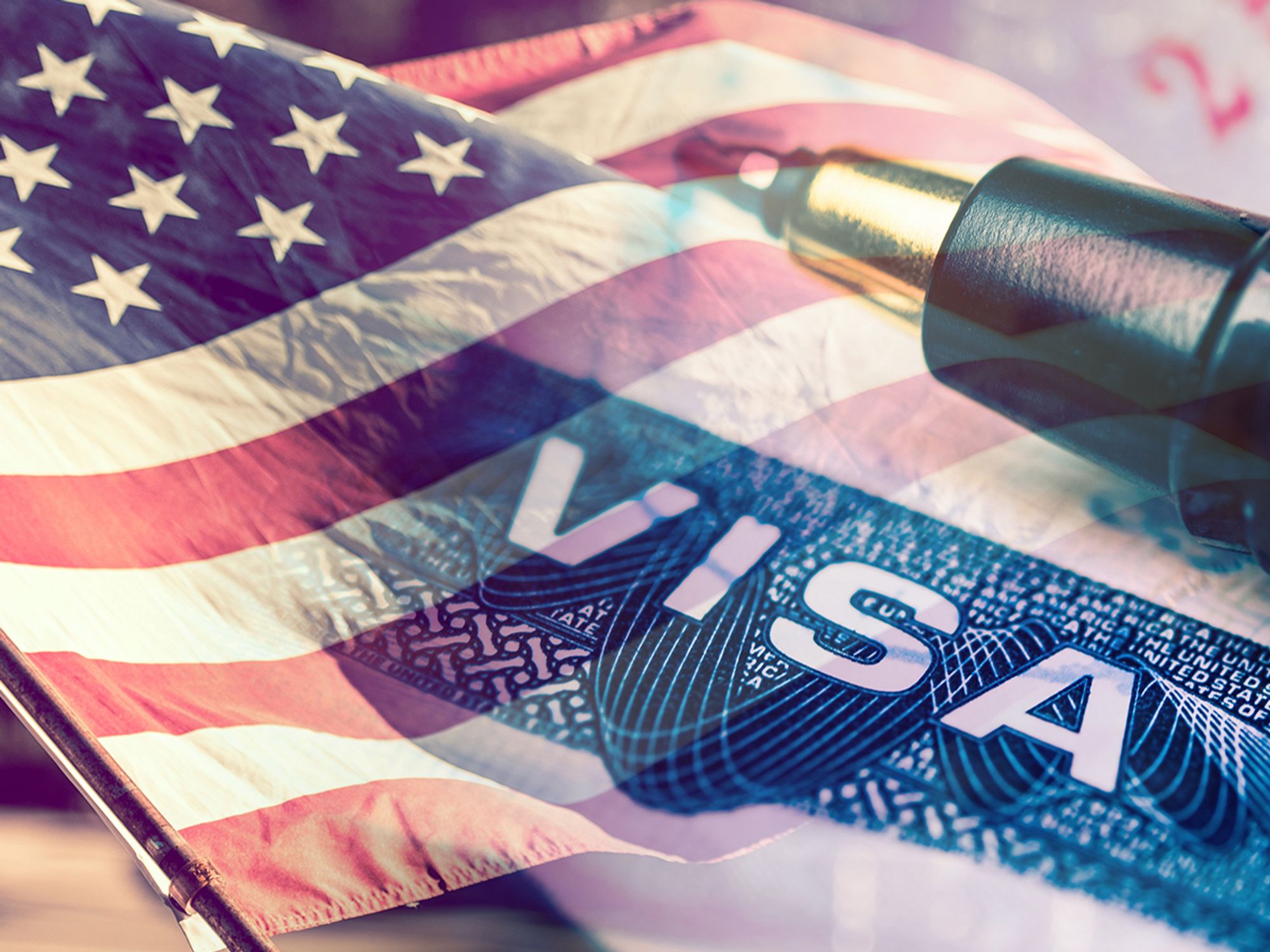Immigrant visas

- Immigrant visas allow individuals to stay in the U.S. on a permanent basis.
- Immigrant visas may be applied for through family, job offers, refugee/asylum status, and more.
- To qualify, individuals must meet certain criteria, including the approval of a qualifying immigrant petition.
Unlike nonimmigrant visas, immigrant visas allow individuals to stay in the U.S. on a permanent basis. An individual may be eligible to apply for permanent residence in the U.S. through family, a job offer or employment, refugee or asylum status, or a number of other special provisions. In general, to meet the requirements for permanent residence in the U.S., an individual must:
- Be eligible for one of the immigrant categories established in the Immigration and Nationality Act (INA),
- Have a qualifying immigrant petition filed and approved,
- Have an immigrant visa immediately available, and
- Be admissible to the U.S.
Family-based immigration
Immediate relatives of U.S. citizens do not have to wait for a visa to become available. There is no limit to the number of visas that can be utilized in this category in a particular year.
Immigration based on refugee or asylee status
An individual who was admitted to the U.S. as a refugee, or the qualifying spouse or child of a refugee, is required to apply for permanent residence (a Green Card) one year after entry into the U.S. under this status.
If granted asylum in the U.S., or if the individual is a qualifying spouse or child of an asylee, the person may apply for permanent residence one year after asylum status is granted.
Employment-based immigration
Individuals who have the right combination of skills, education, and/or work experience may be able to live permanently in the U.S.
Some immigrant visa categories require that an individual already have a job offer from a U.S. employer. This employer will be considered the employee’s sponsor. For some visa categories, before the U.S. employer can submit an immigration petition to United States Citizenship and Immigration Services (USCIS), the employer must obtain an approved labor certification from the U.S. Department of Labor (DOL). The DOL labor certification verifies the following:
- There are insufficient available, qualified, and willing U.S. workers to fill the position being offered at the prevailing wage; and
- Hiring a foreign worker will not adversely affect the wages and working conditions of similarly employed U.S. workers.
Permanent worker visa preference categories
Labor certification is also referred to as Program Electronic Review Management (PERM), which is the way employers receive an approved labor certification from the DOL.
| Preferences | General description | Labor certification (PERM) required? |
|---|---|---|
| First Preference EB-1 Visa | This preference is reserved for people of extraordinary ability in the sciences, arts, education, business, or athletics; outstanding professors or researchers; and multinational executives and managers. | No. |
| Second Preference EB-2 Visa | This preference is reserved for people who are members of professions holding advanced degrees, or for people with exceptional ability in the arts, sciences, or business. | Yes, unless applicant can obtain a national interest waiver. |
| Third Preference EB-3 Visa | This preference is reserved for professionals, skilled workers, and other workers. | Yes. |
| Fourth Preference EB-4 Visa | This preference is reserved for “special immigrants,” which includes certain religious workers, employees of U.S. foreign service posts, retired employees of international organizations, noncitizen minors who are wards of courts in the U.S., and other classes of noncitizens. | No. |
| Fifth Preference EB-5 Visa | This preference is reserved for business investors who invest $1,050,000 or $800,000 (if the investment is made in a targeted employment area) in a new commercial enterprise that employs at least 10 full-time U.S. workers. | No. |
